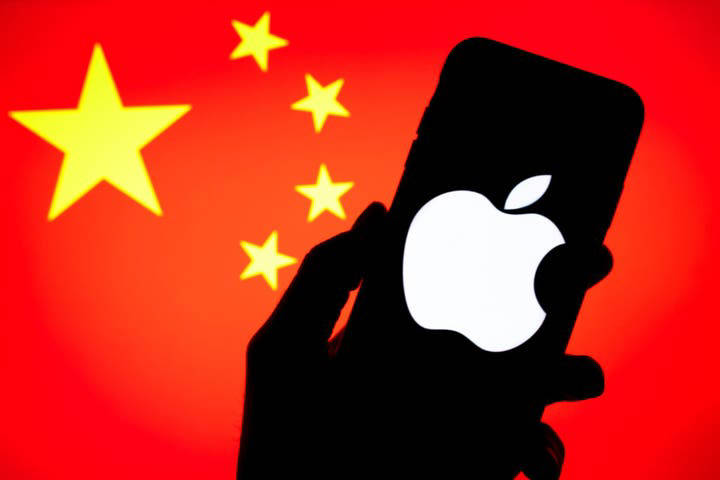In the realm of technology and market dynamics, Apple Inc. stands as a global giant, renowned for its innovative products and unwavering dedication to user experience. However, recent commentary from Pavel Durov, the visionary behind Telegram Messenger, sheds light on a potential challenge looming on Apple’s horizon, particularly in the critical market of China.
Durov’s critique centers on Apple’s stringent App Store policies, often described as a “walled garden” approach. This model mandates that users exclusively download apps and games from Apple’s curated platform, the App Store. While this strategy has undoubtedly contributed to Apple’s success in maintaining control over its ecosystem and ensuring security and quality standards, it has also drawn criticism for its restrictive nature.
The repercussions of Apple’s App Store policies are particularly pronounced in China, a market characterized by its distinct regulatory landscape and competitive dynamics. Durov argues that these policies could lead to a decline in iPhone market share in China, as local authorities and consumers increasingly favor Android smartphones produced by domestic players like Xiaomi and Huawei Technologies.
One of the key advantages of Android devices over iPhones in the Chinese market is their flexibility in app installation. Unlike iPhones, which restrict app downloads to the App Store, most Android devices allow users to install apps from alternative sources, including direct downloads and third-party app stores. This freedom empowers users to access platforms like the direct version of Telegram, enhancing the appeal of Android devices among Chinese consumers.
The recent removal of popular apps like Telegram and Meta Platforms Inc.’s WhatsApp and Threads from Apple’s Chinese App Store further underscores the challenges faced by the company in navigating the regulatory landscape in China. While these actions may have been prompted by pressure from Chinese authorities, they highlight the risks associated with Apple’s centralized control over its app ecosystem.
Despite these challenges, Apple’s CEO, Tim Cook, has demonstrated a commitment to strengthening the company’s presence in China, as evidenced by his visit to the country in March. However, the road ahead remains fraught with uncertainty, particularly in light of ongoing regulatory scrutiny and evolving consumer preferences.
In response to Durov’s criticism, Apple must carefully balance its commitment to security and user experience with the need to adapt to local market dynamics and regulatory requirements. Failure to strike this balance could result in further erosion of Apple’s market share in China and undermine its long-term growth prospects in one of the world’s largest and most strategically important markets.
Ultimately, Apple’s success in China will hinge on its ability to navigate the complex interplay of technological innovation, regulatory compliance, and consumer preferences, all while staying true to its core values and principles. As the company continues to chart its course in the Chinese market, the stakes could not be higher, and the challenges could not be more daunting. Only time will tell whether Apple can rise to the occasion and secure its position as a dominant player in this critical market.
